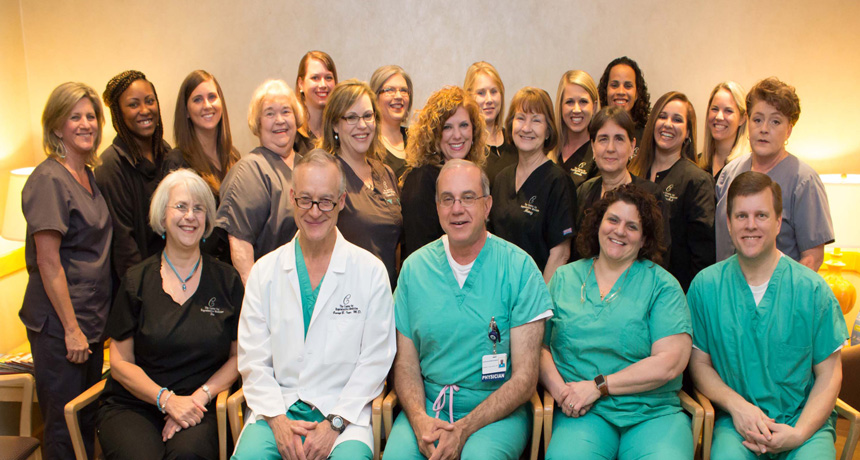Extending the Biological Clock
The number of women having children later in life is on an upswing. Whether driven by career decisions, health concerns, personal choice or simple circumstance, many women are becoming pregnant for the first time at age 35 and beyond. The incredible advancements in medical technology offer many options to women who choose to pursue parenthood later in life.
Why is it harder to get pregnant after 35?
A woman’s best chances of a healthy pregnancy are in her 20s. As she ages, her fertility declines. After age 30 a gradual decline begins, which increases dramatically after age 35. After 40 many women have a good deal of difficulty becoming pregnant. This process is as normal as other age-related changes. Women are born with a finite number of eggs, and with age both the health and the number of the eggs declines. Eggs with too few or too many chromosomes can be miscarried or cause genetic disorders.
How to increase chances of getting pregnant after 35
There are an increasing number of fertility options for women who would like to have a child later in life. Your fertility specialist will discuss any fertility treatments that could be a helpful part of your unique treatment plan. Commonly used treatments include:
- Fertility Medications
- Intrauterine Insemination (IUI)
- In Vitro Fertilization (IVF)
- Donor Eggs
- Egg Freezing
Taking the First Step
If you would like to learn more, we invite you to contact us or call 251-438-4200 to schedule a consultation and discuss your individual situation. We will help you lay out a plan that is best suited to your goals, objectives, and lifestyle considerations.














